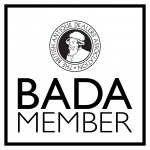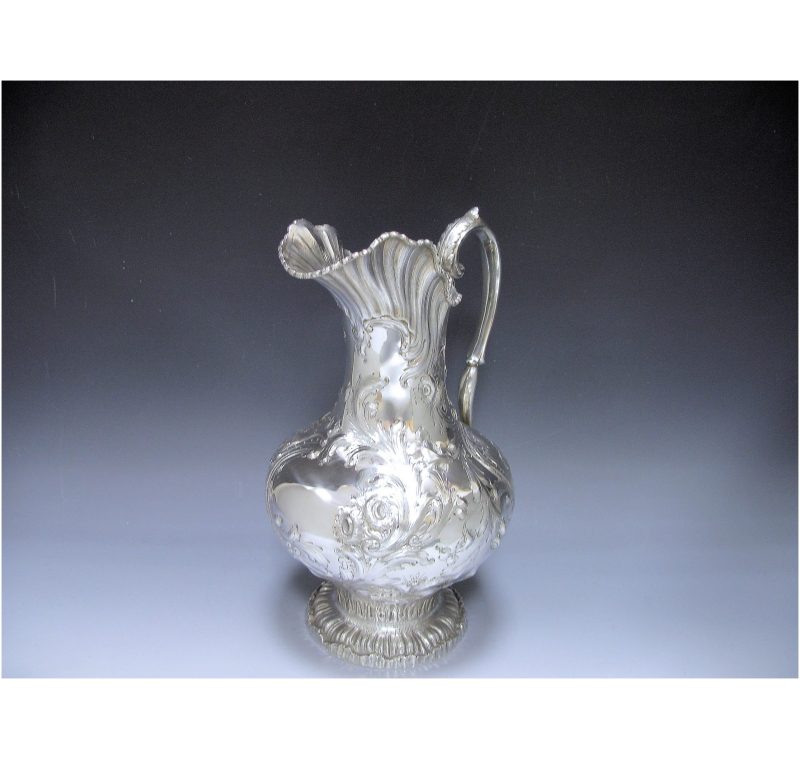
John Chandler Moore
John Chandler Moore (about 1803 - September 28, 1874) was a noted American silversmith, active in New York City. He worked exclusively for Tiffany & Co. after 1851 and his son, Edward Chandler Moore, became in charge of designing and manufacturing silverware at Tiffany.
Moore worked from c. 1827 - 1831 as a silversmith in New York City, partnered from 1832 - 1836 with Garrett Eoff as EOFF & MOORE, again worked solo from 1837 - 1847, then partnered with his son, Edward Chandler Moore, from c. 1848 to 1855 as J. C. MOORE & SON.
He sold pieces in the Rococo Revival style (then called the French style) through retailer Ball, Tompkins, and Black (Ball, Black & Co.)
In 1851, Tiffany and Co. contracted with the firm to produce hollowware exclusively for Tiffany's, in sterling silver (925 parts per 1,000 parts silver) rather than the then-typical American coin silver, and in 1868 the firm was acquired by Tiffany.
Moore was the second American silversmith (after Michael Gibney) to patent silver flatware designs. In 1847 receiving patent numbers 114 (Louis XIV) and 124 (pattern name unknown).
One of his notable works was the Collins tea service, made of solid gold, that was displayed at the 1851 Great Exhibition and 1853 Exhibition of the Industry of All Nation.







